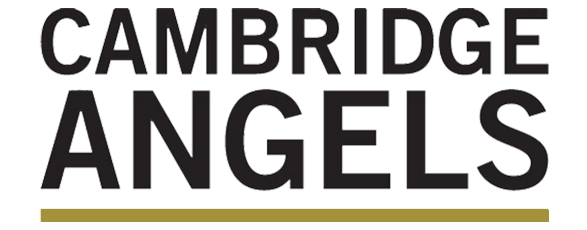In this interview, Oxford-based angel investor David Ford speaks about his biochemistry background, his path to angel investing and the importance of functional management teams as a key criterion for success.
1.Can you give a bit of background about yourself
I’m Oxford-based, as my Cambridge-based fellow members never let me forget, and an active private investor. I studied biochemistry at university before starting in the City, initially as a public equities analyst covering pan-European biotech stocks, before moving into the private capital space (via a stint in San Francisco in the early 2000s). I spent the majority of my career with Intermediate Capital Group where I headed up their investment research group as well as looking at strategic growth opportunities, including expanding into the US and Australia. I started dabbling in angel investing, in a small way, but I found it incredibly rewarding and I met so many good people along the way. This gave me the confidence to take a leap and focus full time on early-stage investing.
2. How long have you been angel investing? What made you apply to join CA and what do you think makes it different
I have been an active angel investor since 2015, with a full-time focus from 2017. I joined CA in 2018 having previously attended a dinner as a guest of Andy Richards. The one thing that struck me in the first dinner discussion was the level of knowledge and experience across the room, all of which was focused on making good investment decisions and helping companies to succeed. This focus, coupled with the entrepreneurial background of the majority of the members (not me sadly!), really does differentiate CA as an angel group. Taking in money from investors is actually the easy bit – making a success of your venture is far harder still and having experienced investors behind you can definitely help.
3. Can you give a couple of examples of CA deals you've invested in that you're currently excited about
I’m currently Chair of ViaNautis Bio (formerly SomaServe), which raised capital from CA in 2019, 2021 and again in 2023, where a good number of members participated in their larger Series A financing. I originally lead their 2019 financing round when they were spun out of UCL. The company has a proprietary nanoparticle delivery technology for delivery of genetic medicines, specifically across the blood brain barrier. This platform tech and an internal pipeline of drug programmes enabled them to attract the interest of blue-chip VCs and we raised $25m in 2023, in what was a tough fundraising environment. The whole area of RNA delivery is exciting and gaining a lot of attention across the industry.
4. Do you have any sector focus and if you do, why
I’m solely focused on the life sciences / healthcare sector. Given my biochemistry background it’s an obvious area of intellectual interest for me, but it’s also a sector with very attractive investment fundamentals driven by acute societal need and new technologies developing at breakneck speed. It really does feel like a privilege to be able to interact with smart entrepreneurs looking to do something genuinely innovative and exciting.
5. How do you tend to get involved with your investments
I’ve made around 25 investments to-date and I’m on the Board of a small number. I tend to get involved with my investments if I think I can add some value, usually around putting in place a governance framework, helping with investor discussions, etc. I don’t feel the need for a formal role, but I do always want to stay close to my investments, at least initially – partially because I’m interested in what they’re doing, but more importantly because there will likely be future financing needs or strategic questions that need to be answered. I want to help wherever I can, although there is also a balance to be struck where you need to give the founder(s) time and space to develop themselves and their ideas.
6. What have you learnt about being an Angel investor since you've started
This one’s quite easy to answer – it takes far longer, and probably costs more, than I originally thought to see evidence of progress in my portfolio! Diversification is also very important and I think it’s important to spread your capital across a decent number of investments.
7. Investment exit you are most proud of and/or an investment horror story you would be prepared to share (anonymous if necessary)
I’ll focus on the failures as I strongly believe this is where you learn the most as an investor…..rather than one specific horror story, of which there are some(!), the unifying theme of my most disappointing investments to-date has been management team dysfunctionality. This has largely been due to personality clashes, unwillingness to be coached, etc, and is very definitely the reason I spend a lot of time during due diligence before completing an investment getting to know the management team and their respective personalities. The most frustrating thing of all is seeing an investment fail not because the idea or technology didn’t work, but because of poor execution. That’s a failure of management and disappoints me far more than if an idea fails because the science doesn’t work (that’s the kind of risk as angel investors we do take).






